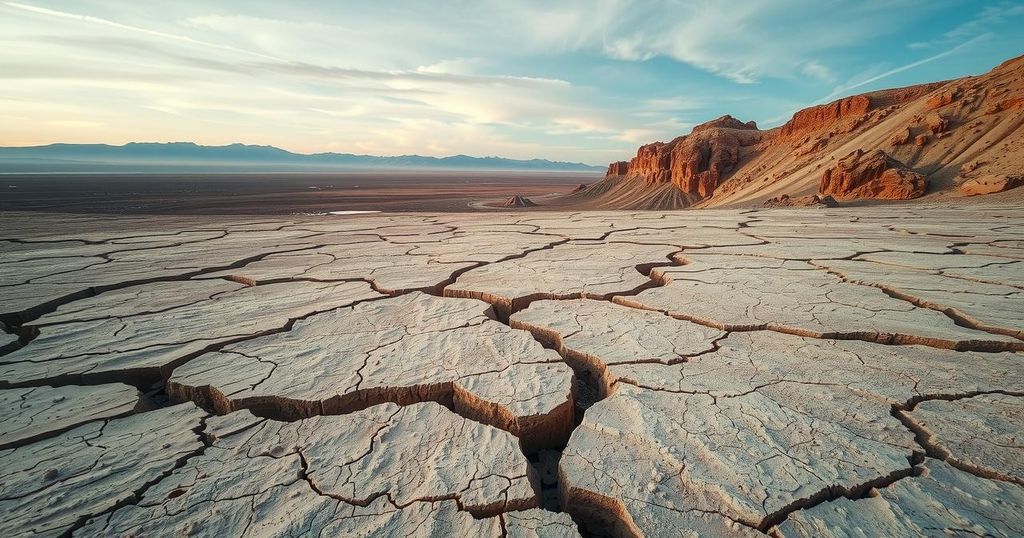Recent Earthquakes in West Texas and Northern Mexico
A magnitude 4.8 earthquake was recorded near Ackerly, Texas, on Friday, followed by a magnitude 3 quake near the Texas-Mexico border. The USGS connects the rise in earthquakes to wastewater disposal from oil production, rather than hydraulic fracturing.
On Friday, a magnitude 4.8 earthquake struck West Texas, located approximately 16 miles southwest of Ackerly and at a depth of 4.2 miles. The seismic event occurred around 12:33 p.m. Mountain Time, with Ackerly situated about 62 miles northeast of Midland.
Also on the same day, a preliminary magnitude 3 earthquake was recorded near the Mexican border, occurring at 12:31 p.m. Mountain Time. This quake was positioned approximately 33 miles south-southwest of Sierra Blanca, Texas, and originated from a depth of 6.5 miles.
The U.S. Geological Survey (USGS) has noted that most induced earthquakes are not directly attributed to hydraulic fracturing. Instead, they identify the recent rise in seismic activity across the central United States as largely resulting from the disposal of waste fluids produced by oil extraction and production.
According to the USGS, wastewater disposal wells contribute significantly to this phenomenon, as they typically operate for extended periods and inject greater volumes of fluid compared to hydraulic fracturing, rendering them more prone to inducing earthquakes. Moreover, the largest earthquake associated with hydraulic fracturing in the United States was recorded in Texas in 2018, registering a magnitude of 4.0.
In summary, a series of earthquakes affecting West Texas and Northern Mexico has been documented, with a magnitude 4.8 quake occurring near Ackerly and a 3.0 tremor near the Texas-Mexico border. The USGS attributes the increase in seismic activities to wastewater disposal practices linked to oil production, rather than hydraulic fracturing.
Original Source: www.lonestarlive.com




Post Comment